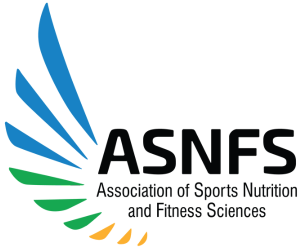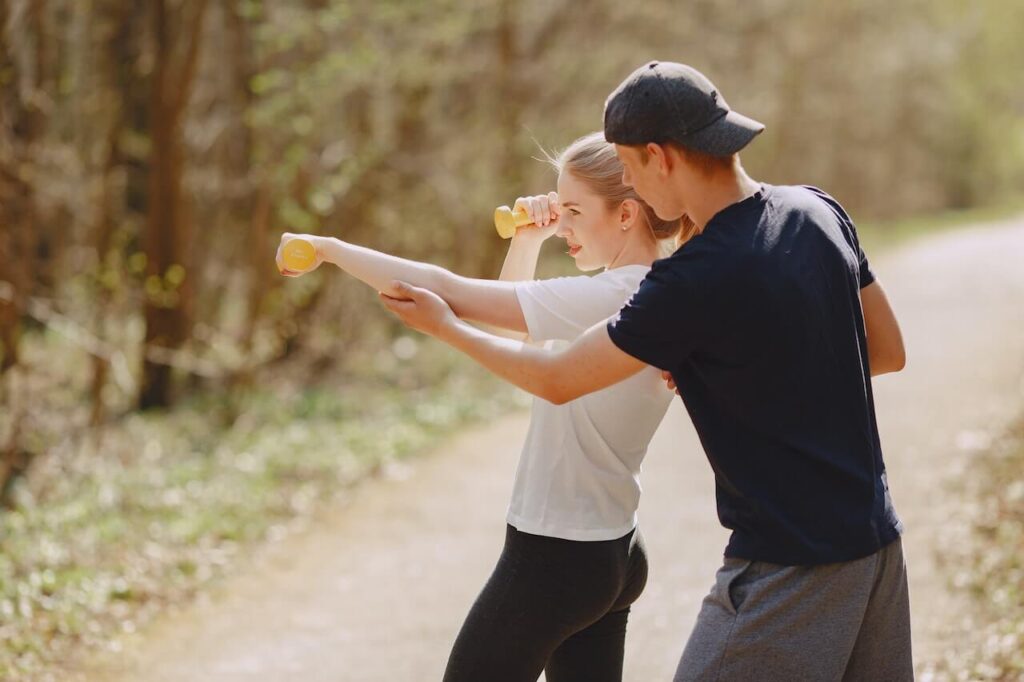The job of a sports coach is versatile in an athlete’s life. From building their sports skills and personality, mentoring them, and being their constant critic and strongest support pillar, a coach’s impact is huge on an athlete’s life. Hence, it is very much in the coach’s hands to ensure healthy eating habits in athletes to reach their sporting glory. Here is how coaches can help.
Be Informed
Coaches should be aware that nutrition is required for performance, recovery, and lowering health and injury risks. Without self-awareness, coaches will not be able to change athletes’ attitudes towards nutrition or guide them. Coaches should study, learn, and read about the role of nutrition in sports.
Spread Awareness
Athletes and their parents pay attention to the coach’s suggestions and this opportunity should be used to convey the need for proper nutrition. Coaches can arrange interactive sessions with sports nutritionists which can inspire athletes to make healthy choices. Coaches can share success stories of famous athletes who follow healthy lifestyles.
Check what Athletes Eat
Coaches can ask simple questions such as ‘What did you eat before coming to the practice today?” “How much water do you drink in a day?” “Are you taking any supplements?” Coaches can ask athletes to maintain food journals. While talking to their parents, the coach should enquire about diet. All this will make athletes pay more attention to their diet or at least avoid wrong dietary habits.
Discourage Faulty Diet Habits, Malpractices and Misinformation
Many athletes follow incorrect dietary practices, take the wrong supplements, rely on too many supplements or exhibit disordered eating. Coaches can be vigilant and keep an eye on such behaviors to avoid serious health risks to athletes. Coaches themselves should avoid believing and passing on any random, unchecked advice and information. Coaches should encourage athletes to seek professional help from a nutritionist or a psychologist if needed.
So, Coaches! Follow these simple steps and be an instrument in shaping healthy eating habits in your athletes!
About Neha: Other than being a sports nutritionist and fitness coach Neha is good at playing badminton and lifting weights but nothing beats her love of reading and purchasing books. Other than this she paints, visits and writes about ancient temples and also is working on her short stories book.


